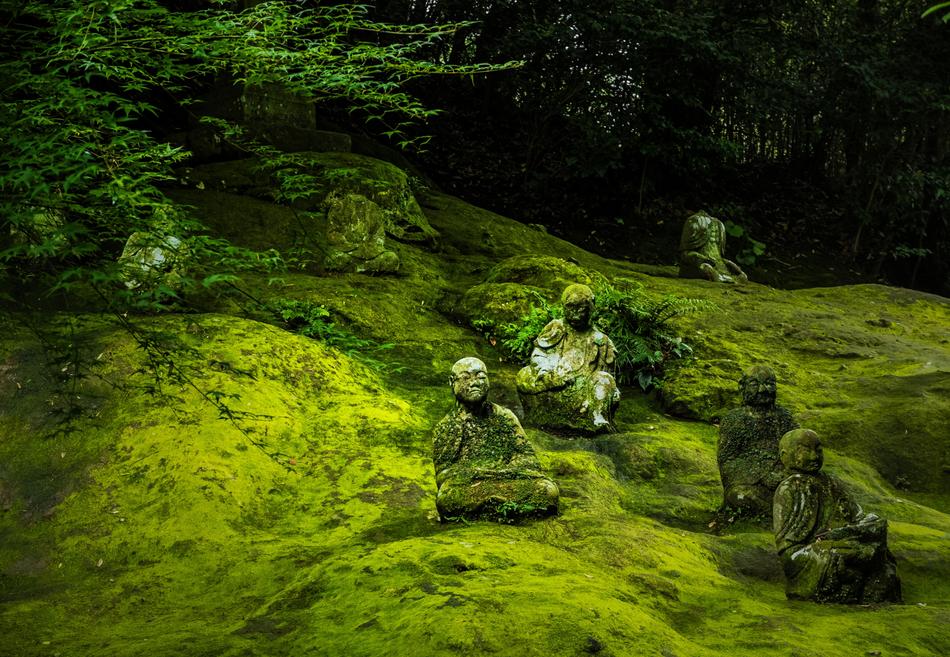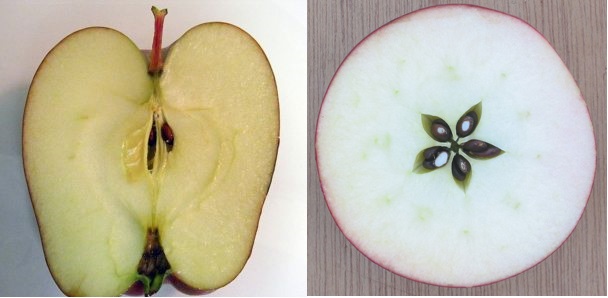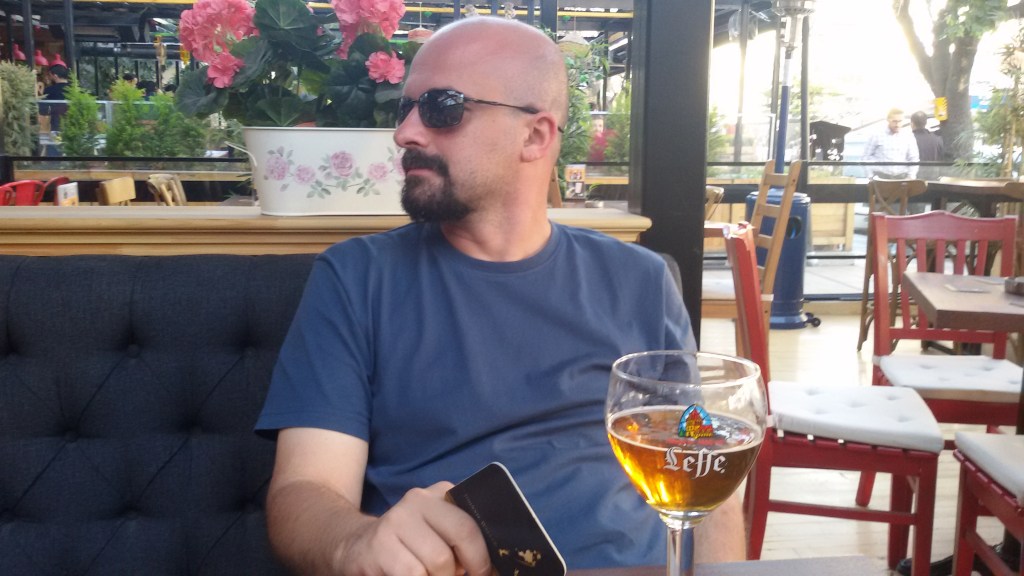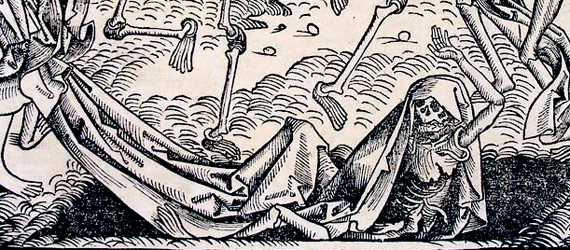Imagine that a highly advanced alien race in a galaxy far far away, somehow decide to study English after catching rogue radio signals all over the planet with their super-ranged intergalactic receptors. Before making first contact, they devise an English to intergalactic language dictionary after many years of eavesdropping. The radio signals are their only source of information as they don’t have eyes on Earth, yet. Hell, they might not even have eyes at all.
[We are assuming the aliens can distinguish between languages in the story above and focus solely on English. In reality, they would be utterly puzzled by hearing the words ‘astronaut’, ‘cosmonaut’, and ‘taikonaut’ being used for the same Earthly space men!]

After these extraterrestrials think they have enough knowledge of the language to tackle the next message they pick up for the sake of translation, they come across some messages communicated by two unsuccessful fiction writers exchanging parts of their latest work for mutual advice. The first statement the aliens hear is:
“a chunk of mayo slithered down the hamburger paris bit in a hurry and landed on her brandnew denim leaving a nasty stain” [The correct punctuation isn’t applied as they wouldn’t know.]
A simple, single statement describing a daily mishap to someone’s jeans might be tough to crack for those who speak little or no English. Luckily, we have dictionaries! So, do these aliens! Remember, they made one! But, dictionaries may still provide more problems than solutions without context as:
- The verb ‘Slither’ is usually credited for the movement of desert animals like snakes… so, the word ‘mayo’ sounds more like an animal than a condiment. Duly noted.
- ‘Land’ is both a verb and a noun, but it would be confusing for a member of a tribe in a landlocked region or beings from another planet with no bodies of water; in short, for those who do not have the word ‘sea’ or ‘land’ in their native tongues. Assuming they eliminated the noun form and accepted the verb form to be right definition. Why use ‘to land’ though? They would think the more appropriate word should have been something similar to ‘drop’ as ‘land’ is attributed to controlled actions like ‘the landing of a bird’ or ‘the touchdown of an airplane’ (by a pilot)… how much control can a chunk of mayo have? Does it have a conscience?
As suspected, the word ‘mayo’ is not in their dictionary, yet, as it’s the first time they picked up this word! It’s logical as it’s a really slim chance the word circulates in space between NASA and the space stations. They add the new word into their dictionary as:
Mayo: A conscious life form on Earth that attack by short leaps and known to discolour its prey by a form of spitting or dampening.

All the world languages (not only English) are riddled with similes, idioms, and ironies. Mingle these with our diverse, unique cultures and set up grammatical systems with a lot of rule exceptions and voila; languages of planet Earth, which are bound to change as our way of lives change via new inventions and the advancement of technology!
Our vocabularies are full of made-up lexical items with little or no pattern, as we seem to name things randomly, by not following a general set of rules. Keep in mind, words make up sentences and sentences make the language itself. The above mayo message could also be deciphered as a list of place names as we can name words derived from toponyms (words derived from place names). Look:
Mayo: short for mayonnaise meaning from Mahon, Menorca – Spain
Hamburger: from Hamburg – Germany
Paris: from Paris – France
Denim: from Nimes – a town in France (de Nimes)
That’s not all, we also make up words derived from people’s names (eponyms):
Boycott (Captain Charles C. Boycott), Saxophone (Adolphe Sax), Guillotine (Dr. Joseph-Ignace Guillotin), Sandwich (Earl of Sandwich), Nicotine (Jean Nicot) and even Bluetooth (Harold Bluetooth)
Toponyms and Eponyms are just two of the ways we name new words or concepts… there are many more but again no pattern in naming lexical items. Let’s mention one more to seal this part, which is ‘naming new locations, things or concepts by mistake or miscommunication’:
Nome (A town in Alaska): According to a theory, Nome received its name through an error: allegedly when a British cartographer copied an ambiguous annotation made by a British officer on a nautical chart, while on a voyage up the Bering Strait. The officer had written “? Name” next to the unnamed cape. The mapmaker misread the annotation as “C. Nome”, or Cape Nome, and used that name on his own chart; the city in turn took its name from the cape. (Source: Wikipedia)
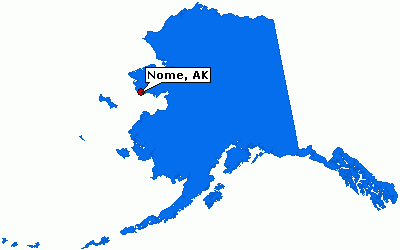
Canary Islands (A group of Islands): The name Islas Canarias is likely derived from the Latin name Canariae Insulae, meaning “Islands of the Dogs”. According to the historian Pliny the Elder, the island Canaria contained “vast multitudes of dogs of very large size”. There were no canaries (birds) on the islands. It was a simple translation error as Canariae (Canis), the Latin word for ‘dogs’ sounded a lot like ‘Canaries’.
Yucatan Peninsula: There are countless theories about how Yucatan was named. Below are just two of those theories (In both versions, the Spaniards asked in Spanish and the Mayans they encountered there replied in Mayan, their native tongue.):
The first one, points out to Francisco López de Gómara in 1552 in Cabo Catoche when the Spaniards asked some men what the name of the town was and they said “tectetan”,which would roughly translate to “I don’t understand you”. They thought it was called that way, and, corrupting the word, they called that land Yucatan.
Another version indicates that the Spaniards gave the name of Yucatan to the region because the Mayans answered their questions with the expression “Uh yu ka t’ann”, which in Mayan means “listen how they speak”, and the Spaniards understood Yucatan.
The West Indies (A group of Islands in the Caribbean): Christophe Columbus, who thought he had reached islands in the West of India, named them. Well, technically, he is right. The West Indies in the Caribbean is indeed located to the west of India…
Now, let’s add the effect of our cultural diversity into the mix and look at some interesting facts about other languages:
- At one point, Arabic had over 1000 words for ‘camel’, which were abundant in the region. Although most of these words are not used today, there are still over 100 words in contemporary Arabic for ‘camels’.
- There’s a theory that the Eskimos have over 50 words to describe snow and ice. These include; ‘qanik – snow falling’, ‘aputi – snow on the ground’, ‘pukak – crystalline snow on the ground’ and ‘ainu – snow to make water’. No wonder so many words, where everywhere is literally snow and ice.
- Even aristocracy and wealth can alter words– the words beef and pork come from French, while the English equivalents are cow (ox) and pig. Now, the original English words are used, to describe the live animals while French originated words are used when these animals are served as food. The distinction dates back to the Norman invasion of Britain, where English peasants looked after the animals and the French nobility ate them.
- Each language has unique words that don’t exist in other languages: Gigil (Filipino) is the sudden urge to want to squeeze someone out of extreme cuteness or irritation. Fernweh (German) is feeling homesick for somewhere you’ve never been before. Slampadato (Italian) is a word to describe people who are addicted to tanning saloons. Yoko Meshi (Japanese) is the stress you feel when speaking a foreign language and Yakamoz (Turkish), which is the sight of the reflection of moonlight on a body of water.
We speak language(s), where both milk and white wine sound like they’re the same colour or that black berries, a bruised eye and coffee are considered black, just as black as a piece of obsidian rock. Seriously, how are we ever going to manage to communicate with extraterrestrials when our languages follow no real pattern and we are nearly always confused?



